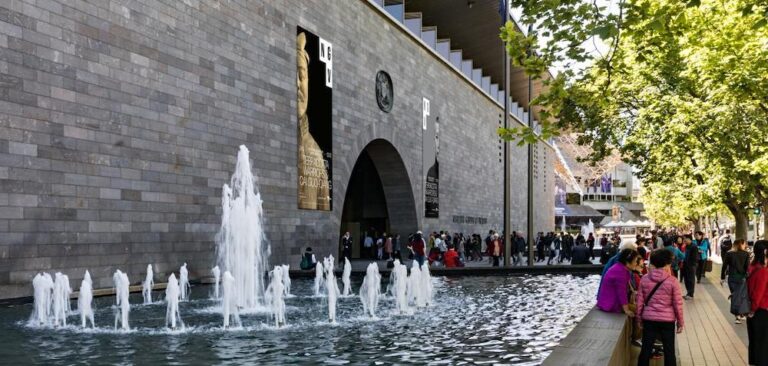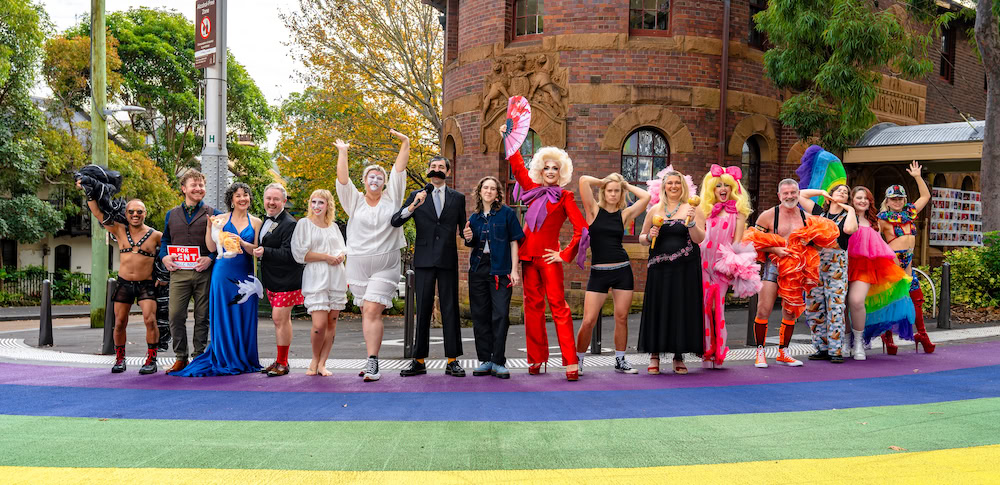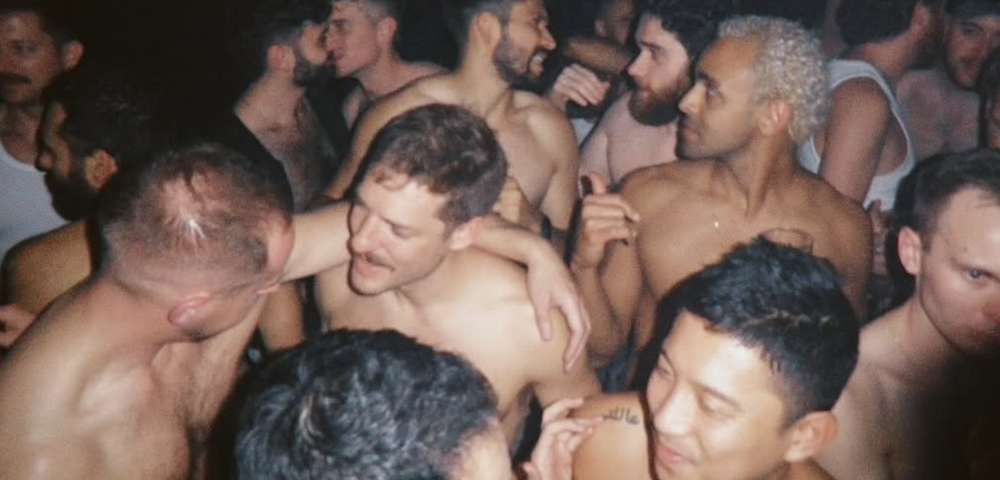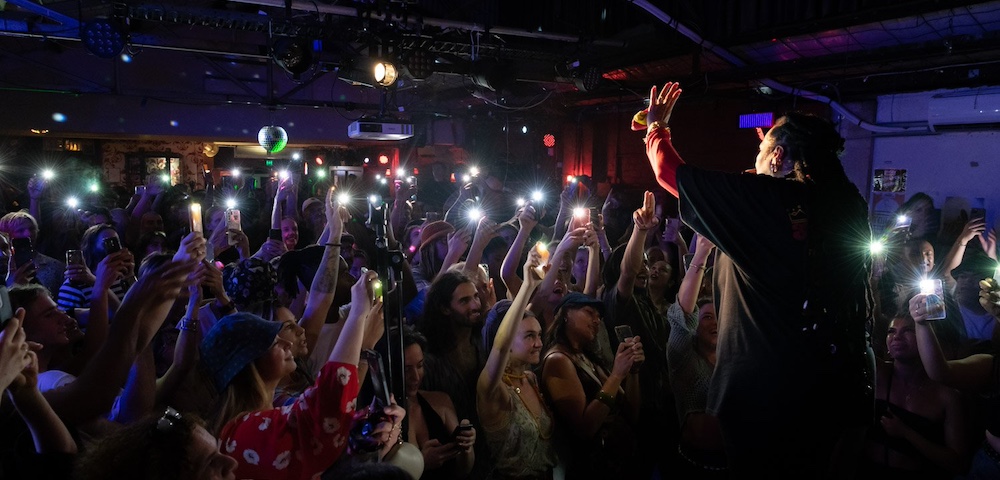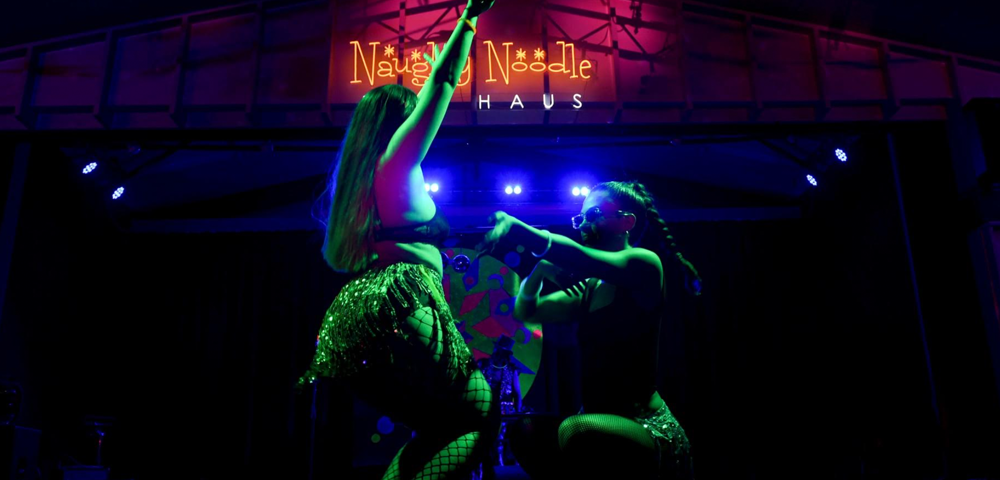
Lesbians ‘should speak up’
Jess and Emily* were walking to a friends’ house along King St, Newtown, last week when the pair were verbally accosted by a group of men.
The couple were holding hands when the men launched a tirade of sexually explicit abuse, demanding the women “make out” in front of them.
This story is not uncommon among lesbian women, many of whom experience verbal threats and intimidation on a regular basis.
Anti-lesbian harassment, discrimination and vilification are all forms of violence, according to Anti-Violence Project (AVP) coordinator, Carl Harris.
“We hear a lot about the street-based violence that happens on Oxford St, and that is the kind of violence experienced by men, it is random and happens with a stranger,” he said.
“Whereas for women, violence comes from people they know, it tends to be around the home or the workplace, and is more likely to be ongoing harassment.”
A 2003 report by the Attorney-General’s Department of NSW, You Shouldn’t Have To Hide To Be Safe, found that just under half the lesbian respondents reported abuse in the past year, and more lesbians than gay men knew the perpetrators.
Harassment experienced by lesbian women stems from the concept of lesbian sexuality being for the pleasure of men, ACON lesbian health officer Siri May said.
“Lesbian sexuality is fetishised,” May said. “A lot of lesbians have told us that heterosexual men leer at them, or make inappropriate and sexually explicit comments about them.
“This is homophobic abuse, and it is quite violating.”
Lesbians who experience discrimination or harassment have been encouraged to keep records of the incidents, seek support, and make complaints to both Police and the NSW Anti-Discrimination Board.
May suggested accessing AVP’s Oxford St “safe space”, which is currently being established, if the incident occurs in the Darlinghurst precinct.
“It will be a safe space where people don’t have to deal with police if they are not comfortable with it,” she said.
“Alternatively, if a person is directly reporting an incident to police, they can always ask for a gay and lesbian liaison officer or a female officer.
“But also make sure you have informal support structures in place as well.”
Ongoing harassment resources are available at www.avp.acon.org.au/harassment.htm.
* Not their real names



